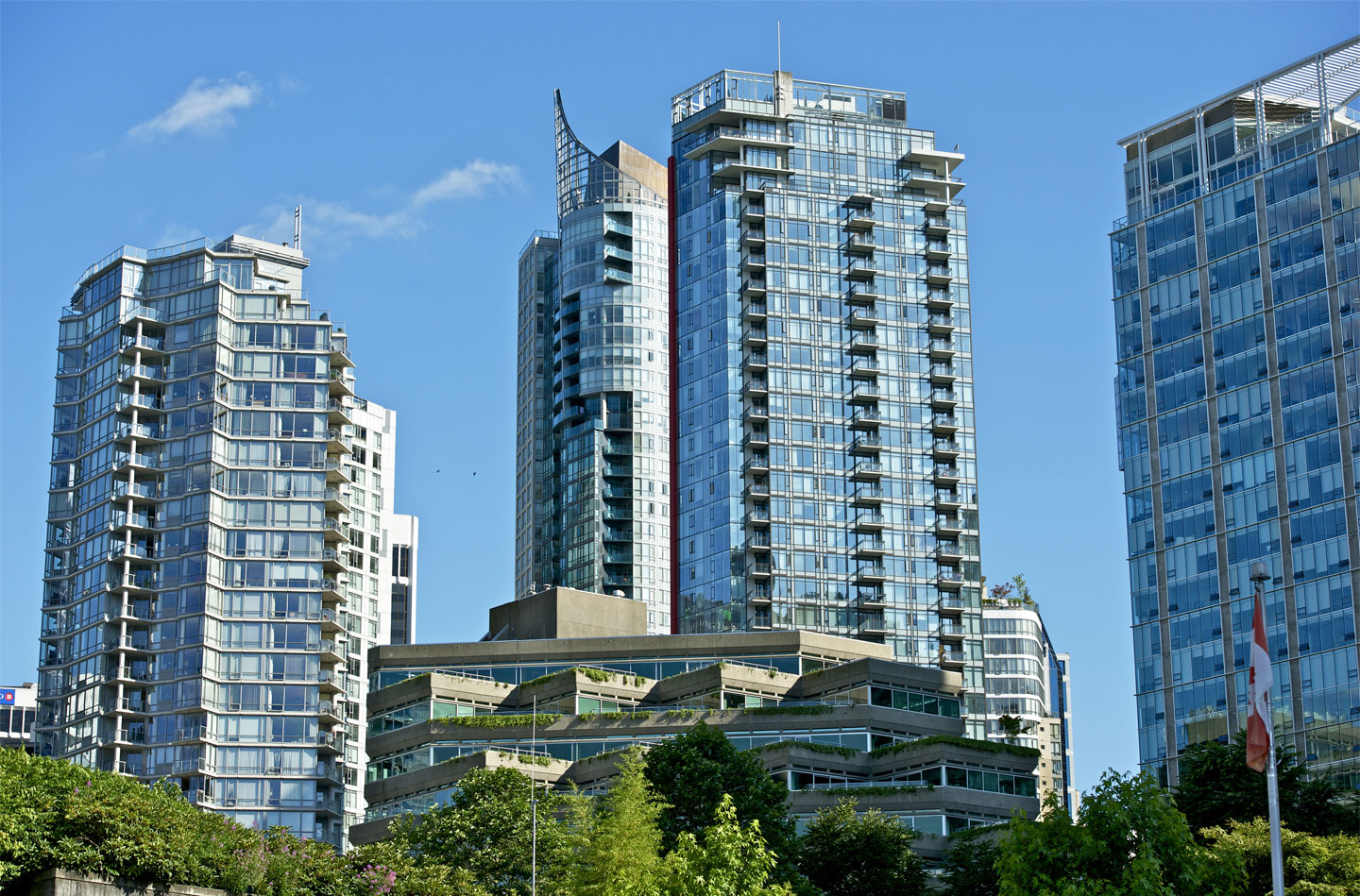If you're planning to buy a strata property in British Columbia, it's essential to understand recent updates to strata regulations—particularly those involving depreciation reports. These changes, aimed at improving the long-term upkeep and financial planning of strata properties, will directly affect both current and future owners. Here’s a breakdown of what’s changing and why it matters.
What Is a Strata Depreciation Report?
A depreciation report is a comprehensive assessment of a strata building’s physical condition. It covers major components such as the roof, plumbing, electrical systems, and the building's overall structure. The goal of these reports is to help strata corporations budget and plan for necessary future repairs and replacements, preserving both safety and property value.
What Are The Recent Changes?
Starting July 1, 2024, several important updates to BC’s Strata Property Regulation will come into effect. These changes aim to bring greater transparency and ensure better financial preparation within strata communities.
1. Mandatory Reports – No More Indefinite Deferrals
Strata corporations were once able to postpone getting depreciation reports annually by holding a vote. This loophole will be closed. Moving forward, reports must be obtained regularly, ensuring more consistent upkeep and financial accountability.
2. Reports Required Every Five Years
The required frequency of depreciation reports is being extended—from every three years to every five. This adjustment allows more flexibility while still promoting regular and proactive building assessments.
3. Only Qualified Professionals Allowed
To ensure accuracy and reliability, only approved, qualified professionals will be allowed to prepare depreciation reports. This change helps standardize report quality and builds trust in the findings.
4. Developer Funding for New Strata Corporations
For new strata developments established on or after July 1, 2027, developers will be required to contribute funds toward future depreciation reports. Specifically, they must deposit at least $5,000, plus $200 per strata lot (up to $30,000 total), into the building’s contingency reserve fund. This fund supports major repair and replacement costs over time.
Why This Matters for Homebuyers
For those looking to buy into a strata, these changes offer increased protection and peace of mind. Regular, professionally prepared reports provide clear insight into a building’s maintenance needs and upcoming expenses. The requirement for developer contributions in new buildings also helps ensure that long-term repair funds are in place from day one.
Transition Period and What to Expect
Although the regulations take effect on July 1, 2024, existing strata corporations will be given time to adjust. It’s a good idea to speak with your real estate agent or strata council to find out when your building will need to comply with the new rules.
Final Thoughts
These updated regulations are designed to make strata ownership in BC more stable and financially predictable. By mandating regular inspections and ensuring reports are completed by qualified professionals, the province is aiming to enhance the quality and sustainability of strata living. As a buyer, understanding these updates can help you make a more informed—and secure—investment.








